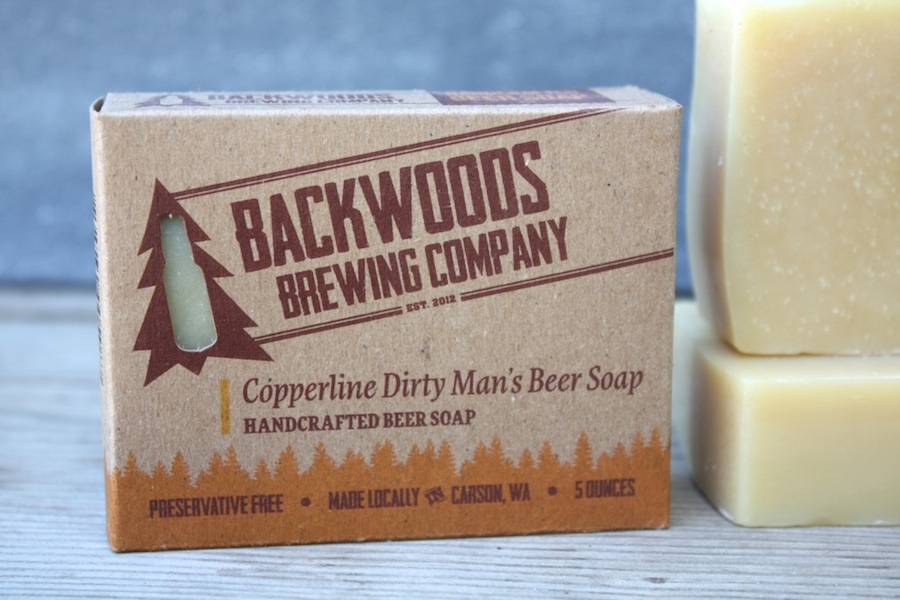There may be no better business driver than extreme brand loyalty. Just a 5 percent increase in customer retention can lead to a 25 percent increase in profits, reports Bain & Company.
So how do you generate strong devotion for your small business or site? Start by looking at customer relationships as a two-way street. Instead of broadcasting information about your products or services, for example, share brand values that people want to identify with. Some 64 percent of people cite shared values as the main reason they have a relationship with a brand.
Take J Crew, for example, which has a finely honed blog that conveys an effortlessly affluent and outdoorsy lifestyle, reports Harvard Business Review. Customers come back because loyalty to the brand reassures them that they are a certain kind of person: “People expect convenience from a transaction, but what they crave is meaning," the publication states.
Here are three tips on how to increase brand loyalty by sharing your values and building meaningful customer relationships.
1. Step Into Your Customers' Shoes
Think about your target customers, and the experiences that shape their lives. “Your brand voice needs to understand and empathize with what they are thinking, stressing and talking about," writes Peter Gasca in Entrepreneur.
Also consider how your audience is sharing information. Younger generations, for example, are both mobile and social – and may still be forming brand loyalties, says Gasca. To reach these customers, your company needs to communicate the same way. “Your business has to be flexible, savvy and willing to put the effort into staying ahead of the trends," he says.
Take J Crew, for example, which has a finely honed blog that conveys an effortlessly affluent and outdoorsy lifestyle, reports Harvard Business Review. Customers come back because loyalty to the brand reassures them that they are a certain kind of person: “People expect convenience from a transaction, but what they crave is meaning," the publication states.
Here are three tips on how to increase brand loyalty by sharing your values and building meaningful customer relationships.
1. Step Into Your Customers' Shoes
Think about your target customers, and the experiences that shape their lives. “Your brand voice needs to understand and empathize with what they are thinking, stressing and talking about," writes Peter Gasca in Entrepreneur.
Also consider how your audience is sharing information. Younger generations, for example, are both mobile and social – and may still be forming brand loyalties, says Gasca. To reach these customers, your company needs to communicate the same way. “Your business has to be flexible, savvy and willing to put the effort into staying ahead of the trends," he says.
Backwoods Soap and Body, for example, makes a direct appeal to consumers of craft beer -- a fast-growing trend that's especially popular with millennials who crave both authenticity and adventure. The company's products are handmade out of hops and/or beer from the Backwoods Brewing Company – a unique way to expand on the craft brew experience and tap into customer loyalty.
2. Get Engaged
Do your research, but don't automatically assume that you know what your customers are thinking. Constantly engage with them to understand their changing wants and needs, and tailor your strategy accordingly, writes Gasca.
Create a starting point for identifying shared values by clearly communicating your brand's philosophy or commitment to a higher purpose. It's also important to be consistent in your messaging across all platforms, from your website to emails to social media.
Take Adirondack in a Box, which offers up-cycled clear western red cedar chairs. The company's website shares its commitment to sustainability: Chairs are made from cedar salvaged from the high quality fencing remnants and fixed with stainless steel hardware for long-life, which minimizes waste.
3. Provide Great Service
Strong customer service builds brand loyalty that keeps relationships strong – and customers coming back. Customer service can actually make or break a customer relationship. In fact, some 71 percent of customers have ended a relationship because of poor service, according to Kissmetrics.
Best practices include keeping your customers happy for as long as your product or service lasts, solving problems in a timely and effective way, and dealing with customers in a warm and friendly manner, reports Entrepreneur.
Mint & Mirth is a traveling cocktail bartending service that offers both friendly and flexible service that anticipates customer needs. That includes simple per guest pricing as well as an offer to trade services with other small businesses. The company also provides a fair living wage to employees, which helps ensure a high level of personalized service to its clients.
By getting to know customers, engaging with them often and offering great service, small businesses can share their values and create strong brand loyalty.
 Lisa Wirthman Lisa is a freelance journalist covering women, business, policy and social good.
Lisa Wirthman Lisa is a freelance journalist covering women, business, policy and social good.








